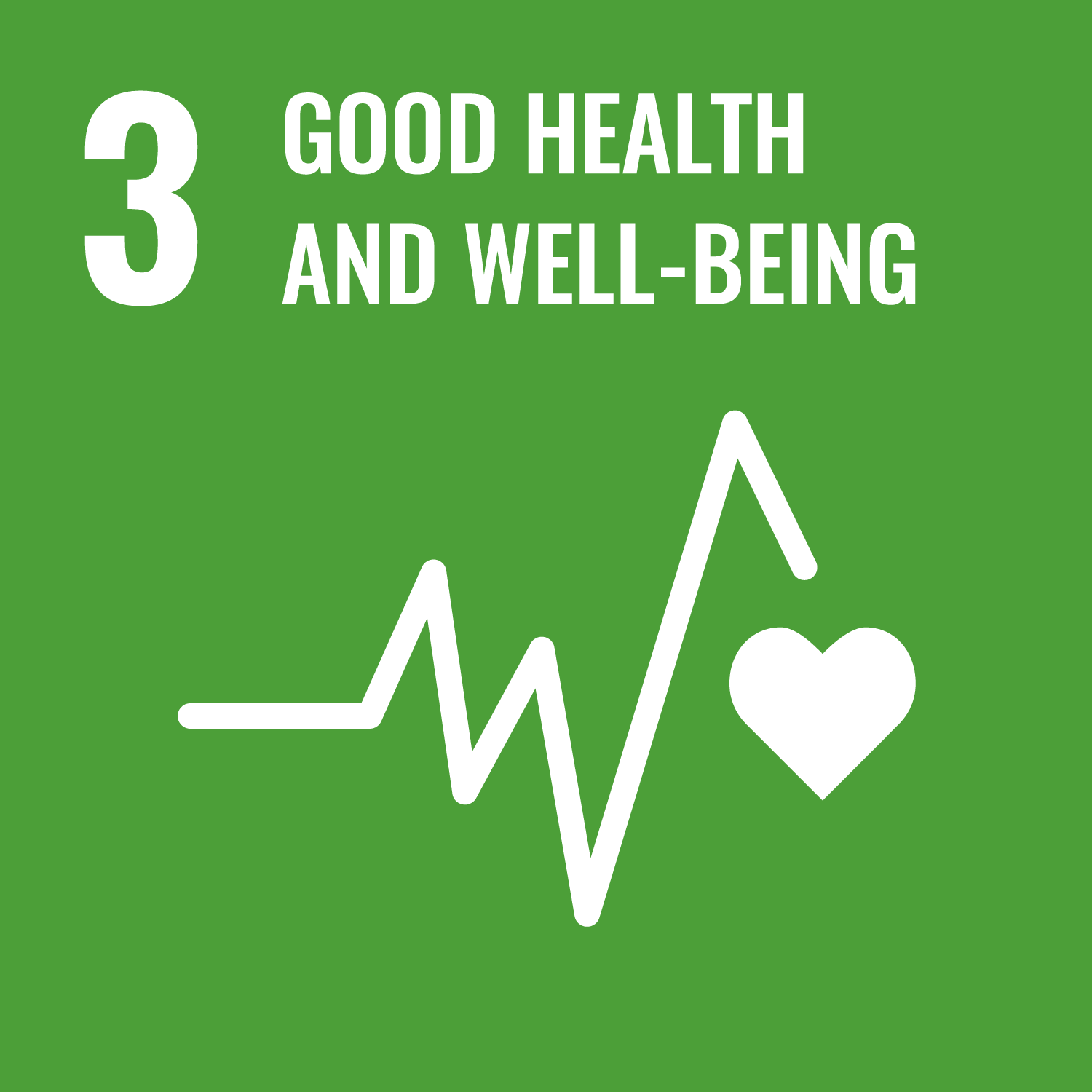This article investigates and shares findings on violence experienced by marginalised women–disabled women, lesbian women, and sex-working women–in Bangladesh, India, and Nepal. The article opens with a brief overview of the research including methodology and justifications, before presenting high-level findings.
The research found that disabled women experience regular and ongoing discrimination from various facets of society in all three country contexts, including neglect, punishment and abuse from spouses or, for unmarried women with a disability, violence from natal family members; lesbian women reported violence across the lifespan, particularly when they openly acknowledged their sexual orientation, as well as high levels of exclusion and outright workplace discrimination; sex-working women reported high levels of ongoing and past violence from sex partners, police, clients, pimps, employers, family members and others in their societies. Service providers across the three countries pointed out that, overall, women who experience violence are generally reluctant to seek care–this is compounded for marginalised women.
The report then provides recommendations and conclusions for each country and generally. In Nepal and India, key recommendations were discussed with policymakers, and a brief section on the feasibility of recommendations follows.








